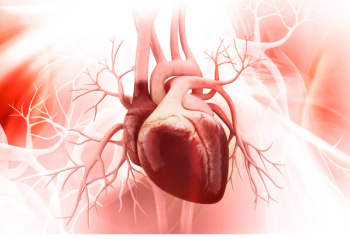
Study shows that adult survivors of cancer had a 42% greater risk of CVD than people who did not have the disease.


Study shows that adult survivors of cancer had a 42% greater risk of CVD than people who did not have the disease.
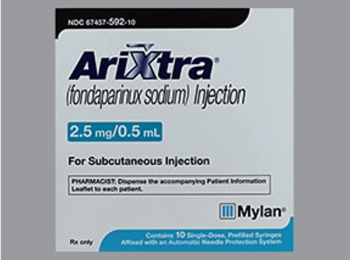
Fondaparinux sodium (Arixtra) is indicated for prophylaxis of deep vein thrombosis (DVT) in patients undergoing hip fracture surgery (including extended prophylaxis), hip replacement surgery, knee replacement surgery, or abdominal surgery.

People who performed 2 to 4 times above the recommended amount of moderate physical activity (300-600 minutes/week) saw an overall 26%-31% lower risk of mortality from all causes.
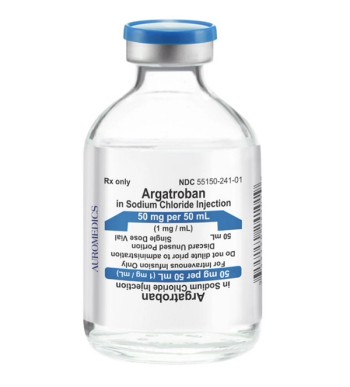
Argatroban is indicated for thrombosis in adult patients with heparin-induced thrombocytopenia and as an anticoagulant in adults patients with or at risk for HIT undergoing percutaneous coronary intervention.
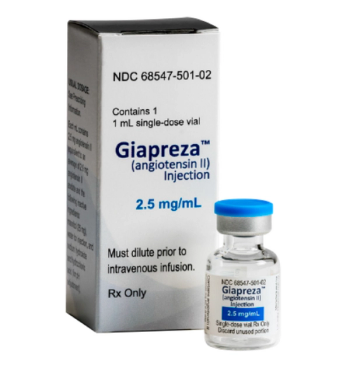
Angiotensin II (Giapreza) is a vasoconstrictor to increase blood pressure in adults with septic or other distributive shock.

Findings suggest potential screening and disease detection opportunities.
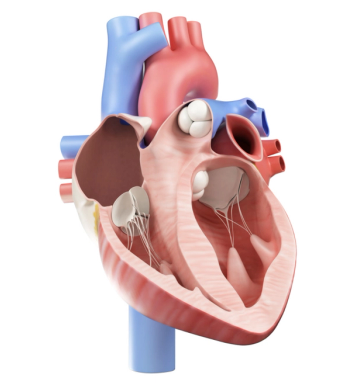
Results are first to show causal relationship between losing mLOY in the blood and development of cardiovascular disease.

Women, in particular, suffer more severe cardiovascular and other complications related to diabetes.

Christopher Fine, MD, FACC, a cardiologist at National Jewish Health, discusses how pharmacists can support patients with cancer who have a much higher risk of heart disease.

Christopher Fine, MD, FACC, a cardiologist at National Jewish Health, discusses the relationship between heart disease and cancer and the importance of the field of cardio-oncology when treating patients with cancer.
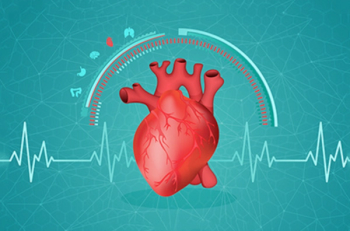
Rivaroxaban is the only FDA-approved anticoagulant used in patients with peripheral artery disease and coronary artery disease.

The approval eliminates the need for traditional nitric oxide tanks in the hospital setting.

Investigators also noted that Black, Hispanic, and Asian individuals were less likely than white individuals to undergo timely angiography and had minimal changes overtime.

Clinical evaluation dictates the need for preventive therapy and advice on exercising and participation in competitive sports, according to the European Society of Cardiology.

Even if the financial resources were available, there aren’t enough human resources in pharmacy to provide high-touch engagement to the millions of patients who suffer from common chronic diseases.
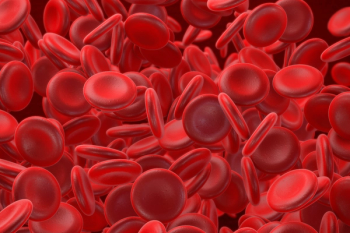
Renin-angiotensin-aldosterone system inhibitors found to reduce the risk of an aneurysm rupture by 18%.

Inclisiran (Leqvio) is a small interfering ribonucleic acid approved by the FDA for patients who are on a maximally-tolerated dose of statins and need additional LDL-C reduction.

The findings show that at 90 days, the modified Rankin Score (mRS) had a significantly greater number of individuals with an improvement of 2 points or greater.

These real-world findings help support the use of DPI in patients at increased risk of vascular events.

Efforts to decrease hospital readmissions may have been misguided because the United States are already doing better than other high-income nations in this area.
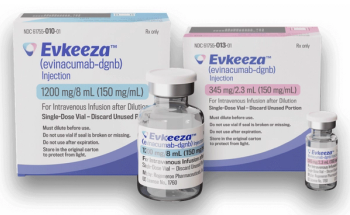
Evinacumab-dgnb (Evkeeza) is indicated as an adjunct to other LDL-C lowering therapies for the treatment of homozygous familial hypercholesterolemia.
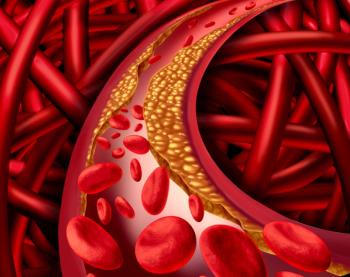
When both the clinical criteria and genetic testing were combined, 6.6 familial hypercholesterolemia cases per 1000 individuals screened were found.

The use of cocaine can cause coronary artery vasospasm, which can lead to myocardial ischemia, acute coronary syndrome, and acute myocardial infarction.

Consequences for untreated STEMI patients following the COVID-19 pandemic could include increased mortality, heart failure, and morbidities.
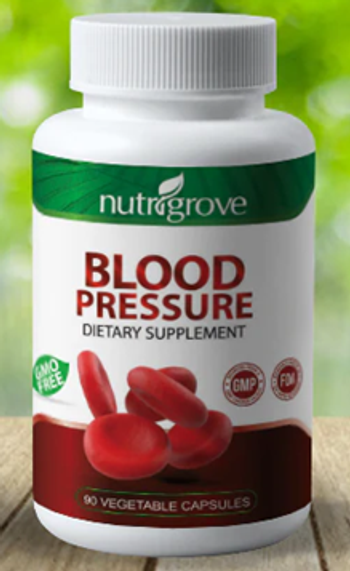
This product helps control blood pressure.